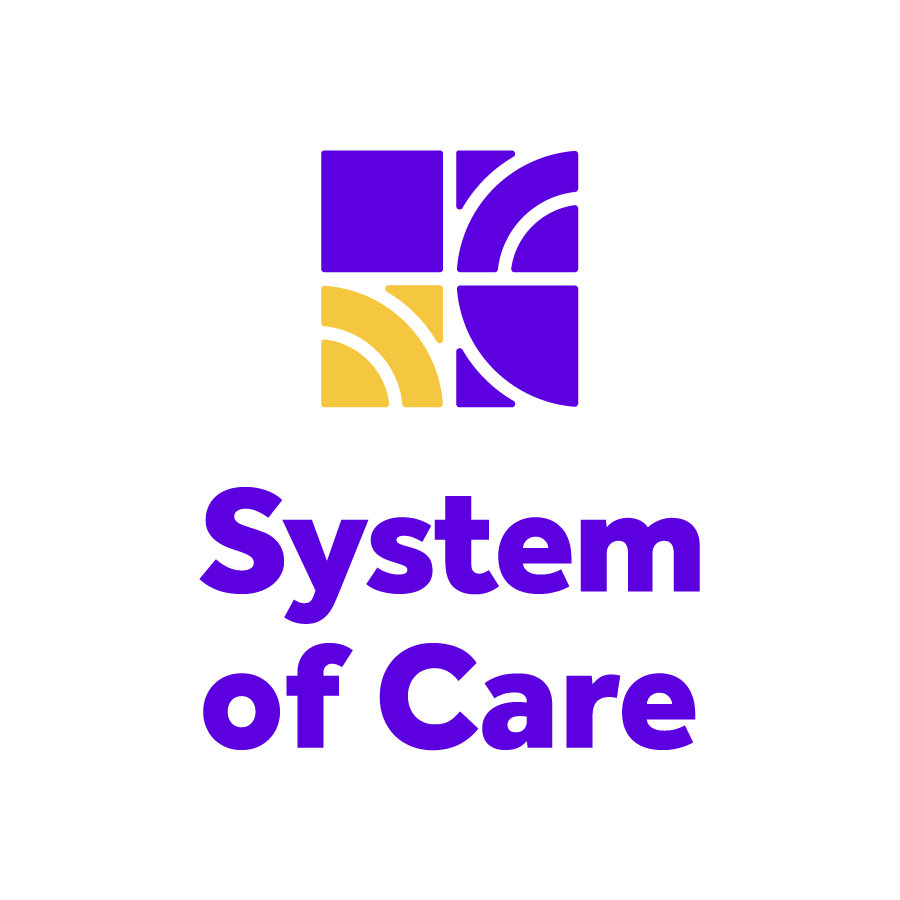Behavioral Health
Who We Are
As a discipline, behavioral health includes mental health, substance use disorder, and problem gambling treatment. It encompasses a continuum of prevention, intervention, treatment and recovery support services. It includes services provided by social workers, counselors, psychologists, psychiatrists, neurologists and physicians. Behavioral health care promotes the resilience and recovery of youth and their families.
Supports Provided
Mental Health and Substance Use Disorder Treatment
Most often treatment will be provided in an outpatient treatment provider’s office (or during COVID-19 via telehealth). Common treatment offered is individual counseling, family counseling, and group counseling using evidenced based approaches. Mental health and substance use disorder treatment are either provided by different providers or at times by a “dual diagnosis” provider who provides both mental health and substance use disorder treatment concurrently.
When additional or more intensive services are recommended by the provider, they can help make referrals and gain approval for those services from the health insurance plan. Information on intensive mental health services can be found here. For substance use treatment, covered benefits include counseling office visits, acupuncture, methadone treatment and detoxification services.
Problem Gambling
Gambling today is more available than ever. Gambling can lead to serious problems. Studies show that the earlier a youth engages in risky behaviors, the greater the likelihood those behaviors will become a problem later.
The Oregon Problem Gambling Helpline was established in 2001 and receives about 1000 calls each year. Trained professional staff members are available 24 hours a day, 7 days a week to listen, educate, answer questions, and refer people to free confidential treatment services.
Care Coordination
Care Coordinators work closely with providers and members – through both telephonic and community-based support – to smooth the way to better care and better outcomes. Care coordination can help:
Reduce confusion for patients by navigating them through the health care and social services system.
Help patients get access to the right care at the right time, and make sure they stay connected to their providers.
Reduce barriers to patient care and treatment compliance and connect them to support services.
CareOregon provides care coordination through Regional Care Teams. Each RCT is made up of care coordinators with a variety of backgrounds and experience. RCTs offer care coordination and support for patients with multiple or complex needs. To make a referral call 503-416-4100 or submit the referral form.
Wraparound is a team-based planning and problem-solving process to help youth and their families struggling with emotional, mental and behavioral problems as they navigate multiple child-serving systems. Wraparound is a collaborative process that brings together youth, family members, friends, teachers and service providers to create an individualized plan for addressing a child and family’s needs. Teams meet at least monthly to engage in an intensive planning process. Washington, Multnomah, and Clackamas counties each have their own Wraparound programs. Referrals are made to the county in which the child lives.
Urgent Walk-In Mental Health Services
Cascadia Urgent Mental Health Walk-in Center (Multnomah County):
7 a.m. to 10:30 p.m. every day
4212 SE Division St, Suite 100 Portland, OR 97206
503-963-2575
Clackamas County Urgent Mental Health Walk-in Clinic:
9 a.m. to 7 p.m. Monday-Friday, 10 a.m. to 7 p.m. Saturday and Sunday
11211 SE 82nd Ave, Suite O Happy Valley, OR 97086
503-742-5335
Hawthorn Walk-in Center (Washington County):
9 a.m. to 8:30 p.m. every day;
5240 NE Elam Young Pkwy Ste. 100, Hillsboro, OR 97124;
503-846-4555
Getting connected to services
The usual starting point for treatment is scheduling an intake appointment with a treatment provider. During the intake the provider will complete an assessment to guide treatment and identify which services may be appropriate. The youth and their guardian need to be involved in the intake process by providing consent for treatment.
When trying to find a provider caregivers, legal guardians, or system partners can check with the health insurance plan to find the closest treatment programs covered by the insurance. If a youth has Oregon Health Plan (OHP) and is enrolled in Health Share of Oregon, they can search for a provider by searching the Health Share of Oregon directory, calling the CareOregon customer service line, or calling a county crisis line. The crisis lines provide referrals to local resources for treatment. County crisis lines are also a great resource when support is needed more immediately.
CareOregon: 503-416-4100
Clackamas County Crisis Line: 503-655-8585
Multnomah County Crisis Line: 503-988-4888
Washington County Crisis Line: 503-291-9111
How to coordinate with us
If a youth is working with a counselor, the best person to contact about the youth’s treatment is the counselor. Treatment providers are committed to coordinating with the family and any other systems involved with the youth. To coordinate with the treatment provider, call them directly or reach them through the agency where they work. If you have trouble getting a hold of the provider, be persistent and call their supervisor to ask for help if necessary. If after speaking to the treatment provider you have further questions about behavioral health benefits and services that may be available, you can call the youth’s health insurance plan and ask to speak to a care coordinator. If the youth has OHP with Health Share of Oregon, CareOregon (503-416-4100) manages their behavioral health benefits.
The behavioral health system works hard to protect clients’ privacy. For all communication between non-guardians and treatment providers or other system partners, a signed protected health information release form is needed.
Additional Resources
Youth Era - Culturally-relevant, stigma-aware, and youth-centered peer support
NAMI Multnomah - Support, education, and advocacy for people with mental illness and their families
Reach Out Oregon - Parent to parent warm line for caregivers of young persons experiencing emotional, behavioral and mental health challenges
4D Recovery - Recovery Community Organization (RCO) for young people aged 18 to 35
10-step guide for parents - Talking to your middle school-aged child about alcohol, tobacco, and other drugs
